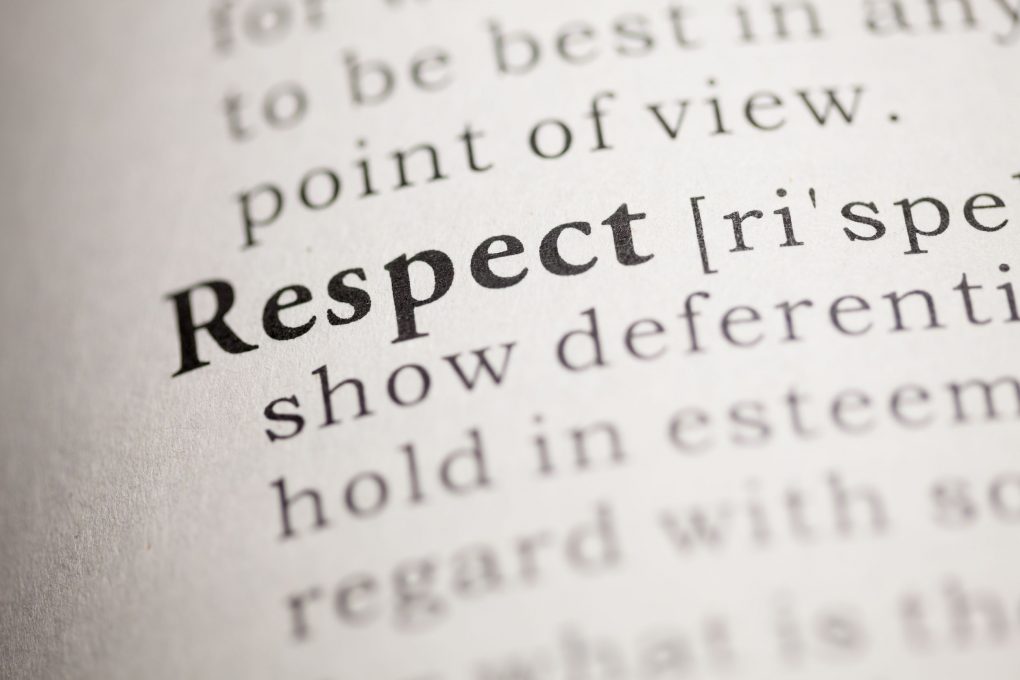Mastering Difficult Conversations: Principles for Resolution
When it comes to having difficult conversations, the process is as much an art as it is a science. Every individual brings their own relational depth, personality, character, and background to the table, making each interaction unique. The dynamics of these conversations can determine whether they are perceived as a success or a failure.
While there are no simple solutions for resolving conflict, there are proven principles that can help both parties achieve a resolution. In this post, we’ll explore one key component of difficult conversations: Respect. Conflict often puts trust at risk, and when trust wavers, respect can quickly follow. The more emotionally charged the issue, the more fragile respect becomes.
However, any relationship where individuals are willing to meet and address conflict holds the potential to rebuild trust, establish respect, and work toward mutual understanding. If warring nations can negotiate peace, so can you.
At the Root of Conflict
Most conflicts stem from unmet expectations. Whether those expectations are realistic or not, they often go unspoken until they’re broken. For example:
- “I expected you to finish those reports by Wednesday, but they’re not done.”
- “I hoped we could spend time together and talk about our future, but you didn’t make time.”
- “You said my job was secure, but now I’m being let go.”
These unmet expectations lead to emotions—sometimes frustration, disappointment, or anger—that can erode trust and respect if not addressed. These conversations involve risk. Some individuals may be unwilling to compromise or even participate fully. While such situations may require mediation, it’s important to remember that the person in front of you is human, flawed, and often seeking resolution just as much as you are.
Seven Ways to Navigate Difficult Conversations Respectfully
1. Be Willing to Hear Hard Things
Respect starts with listening. Be open to the possibility that you’ve hurt or offended the other person, even unintentionally. Acknowledge their feelings and validate their experiences. Listening with humility can improve the relationship and lead to meaningful resolution, even if what you hear stings.
2. Be Clear with Your Intent and Desired Outcome
From the start, establish clear goals for the conversation. Ask, “What do we hope to accomplish?” This creates a sense of safety and focus. High-stakes conversations require clarity and vulnerability. Be concise about your intentions to ensure everyone understands the purpose of the discussion.
3. Be Solution and Common Ground Focused
Conflict resolution is most effective when both parties focus on solutions rather than problems. Look for shared values or goals. For example, say, “I believe we both agree on maintaining high standards. How can we resolve this issue in a way that aligns with those values?” Highlighting common ground fosters collaboration.
4. Be Careful Yet Honest with Your Words
It’s natural to feel defensive or tempted to avoid conflict altogether. Fighters should slow down, choose words that promote safety, and use phrases like, “I sense that…” or “I’m trying to understand…”. Those who prefer to avoid conflict must resist the urge to disengage. Avoidance doesn’t lead to peace or trust; honest, respectful dialogue does.
5. Be Sure to Ask Clarifying Questions
When you hear something you disagree with, ask questions to uncover the deeper reasons behind their perspective. For every statement, there’s an emotional or philosophical underpinning. Asking thoughtful questions demonstrates respect and helps address root causes rather than surface-level issues.
6. Be Ready to Forgive and Ask for Forgiveness
Forgiveness doesn’t erase consequences, but it’s a powerful choice to release resentment. Acknowledge your role in the conflict, even if it’s unintentional, and sincerely ask for forgiveness. Likewise, be ready to offer forgiveness when the other person seeks it. This commitment fosters genuine reconciliation.
7. Be Intentional About Improvement and Change
Words alone aren’t enough. Genuine change requires effort, intentionality, and follow-through. Acknowledge the hurt caused, commit to growth, and demonstrate consistent progress. This builds trust and respect over time, showing that the conversation was not just a moment but the start of meaningful transformation.
Final Thoughts
Difficult conversations aren’t easy, but they’re essential for healthy relationships. By approaching them with respect, clarity, and a commitment to positive change, you can navigate conflict effectively. Remember: the goal isn’t to win the argument but to strengthen the relationship.
Start your next challenging conversation with these principles in mind, and you’ll be well on your way to resolution and mutual understanding.






